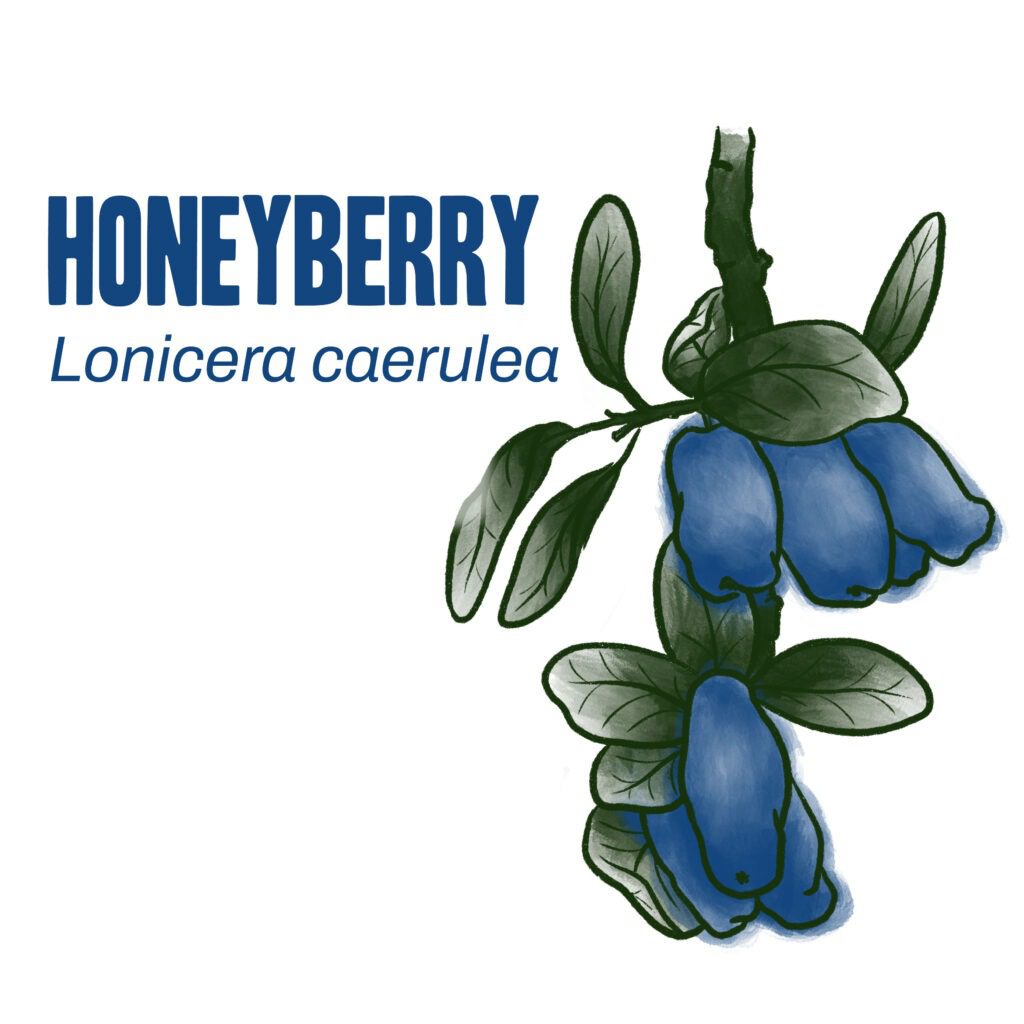
Honeyberry
Lonicera caerulea
Honeyberry, also known as haskap, is a cold-loving native perennial crop that grows nutritious, oval-shaped fruits. The berries are used for fresh-eating, wine-making, ice cream, and adding vitamins to other products. Can be machine-harvestable.
DRAINAGE: Moderately to well-drained preferred but can tolerate poorly drained soils
LIGHT: Full sun
ZONES: 2–7
SPACING: 3-4 ft BETWEEN ROWS: 12–14 ft
YEARS TO PARTIAL/FULL BEARING: 3–4
HARVEST SEASON:June–August
Opportunities
Honeyberry is a low-maintenance crop that fits well in farm systems with other native perennial berry crops, such as black currant and aronia, which share similar harvesting and processing equipment. Honeyberry has an advantage of early season ripening before many other crops.
Challenges
Consumer familiarity and market opportunities for honeyberry are underdeveloped, and few variety trials exist for crop improvement that would allow this crop to thrive in warmer climates.
Management
Low pest pressure and few diseases. Light pruning required in late winter. Wind can damage plants during winter, so windbreak protection is recommended. There are few examples of livestock integration with honeyberry, as most animals enjoy eating the berries and ruminants will strip the leaves while plants are young.
Our Research
Commercialization staff lead market research and development on honeyberry and other Midwest berries, including black currant and aronia.
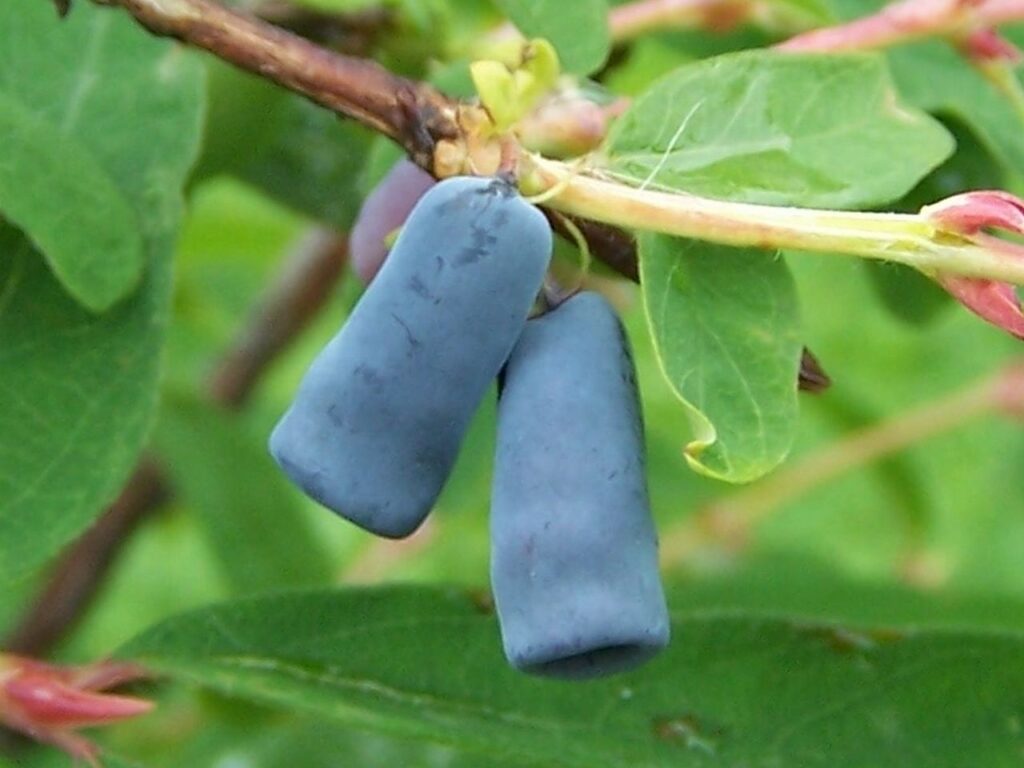
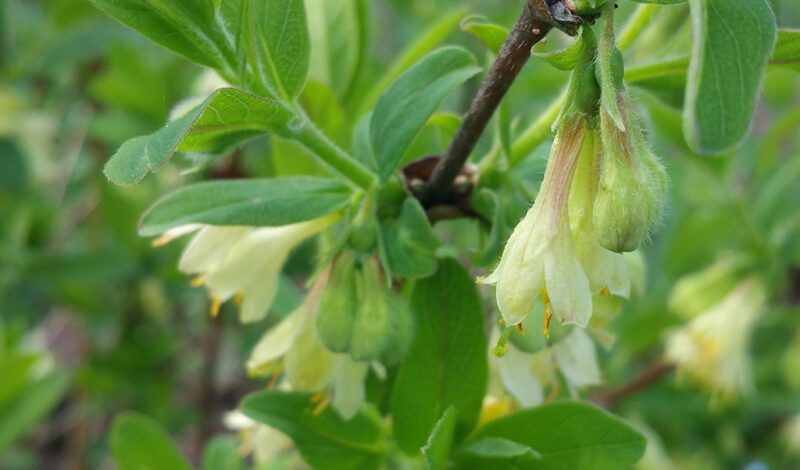

RESOURCE
Honeyberry
- Review more basic grower information about plant selection and management.
- See an economics case study and find more sources for information.
- You can also print this handout to use at educational events or for outreach.

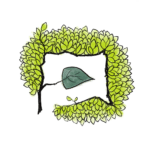
Learn About More Berry Crops in the Midwest
We’ve collected some clips of key perennial crops grown by Midwestern farmers. Let’s get started with small fruits!

One-On-One Support for Farm Planning
Technical Service Program
Get help planning your perennial farm system. Our Technical Service Program is here to guide you through the process of planning, funding, and planting trees on your farm.
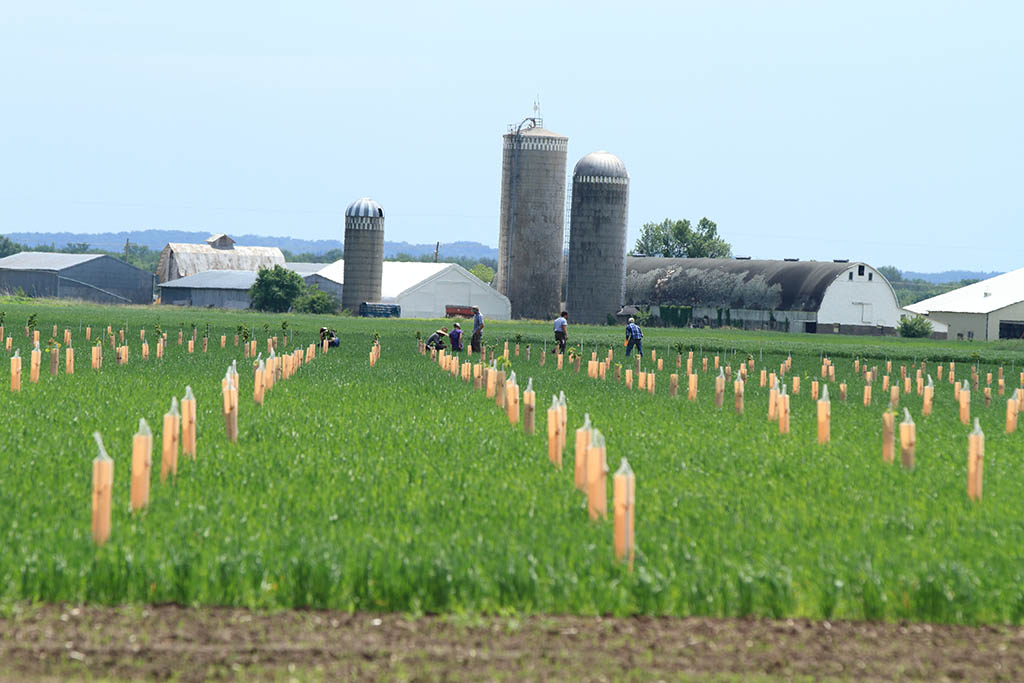
Looking For Plants?
Canopy’s Nursery offers plant material in your region. Find chestnut, walnut, pecan, hazelnut, heartnut, persimmon, pawpaw, black currant, and elderberry for order in their online store. Not only does Canopy increase the availability of high-quality plant material in the region, it also donates part of its proceeds to Savanna Institute’s nonprofit research and education mission.

